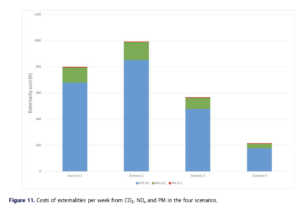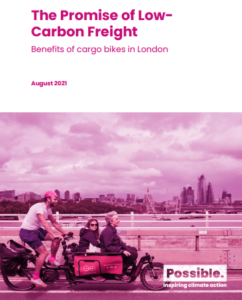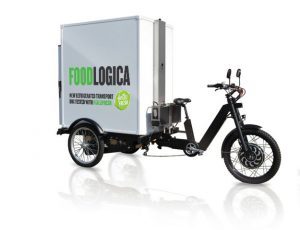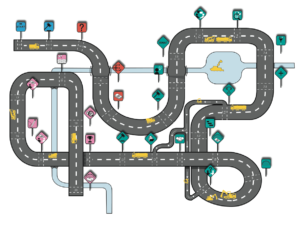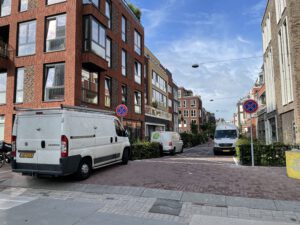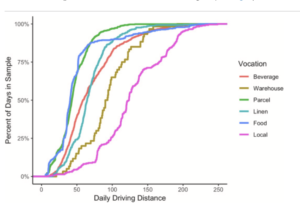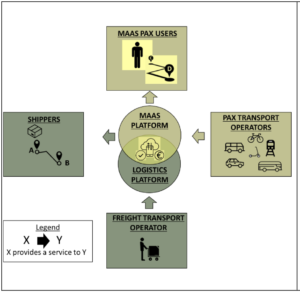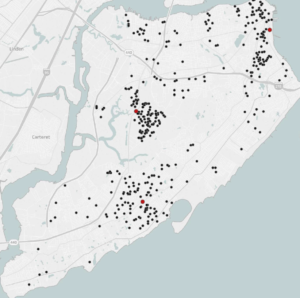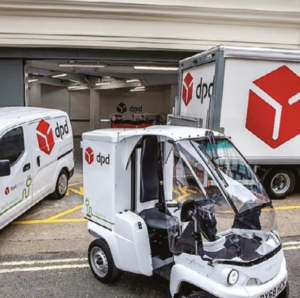Research: vans versus bikes versus drones

Urban distribution in medium-sized cities faces a major challenge, mainly when deliveries are difficult in the city center due to: an increase in e-commerce, weak public transportation system, and the promotion of urban sustainability plans. As a result, private cars, public transportation, and freight transportation compete for the same space. A new paper by Serrano-Hernandez …

